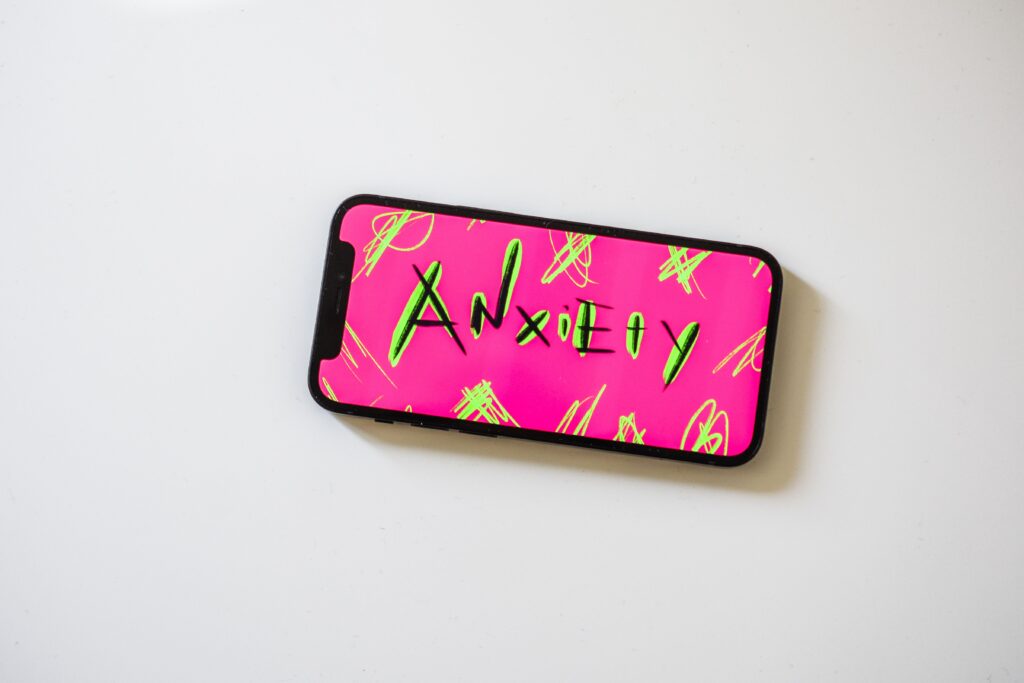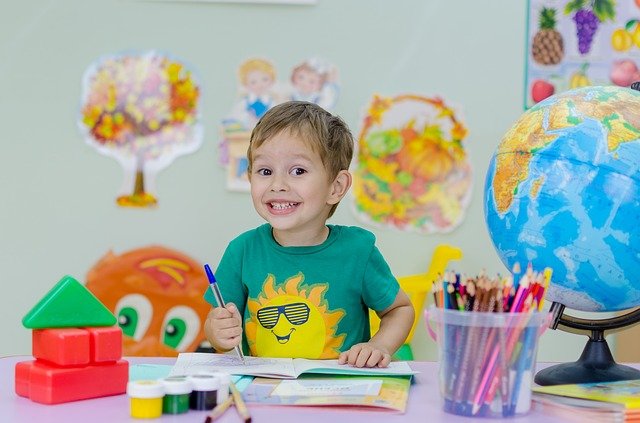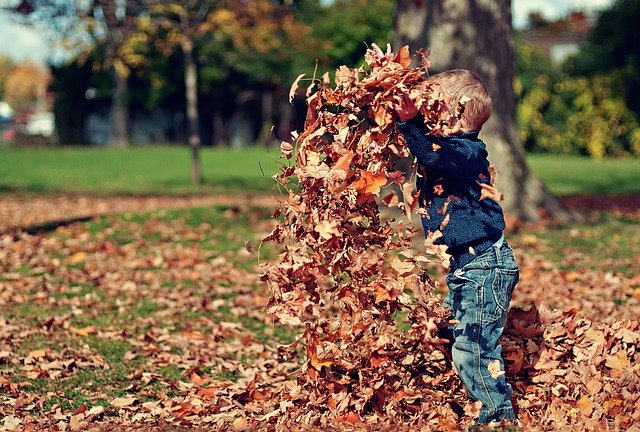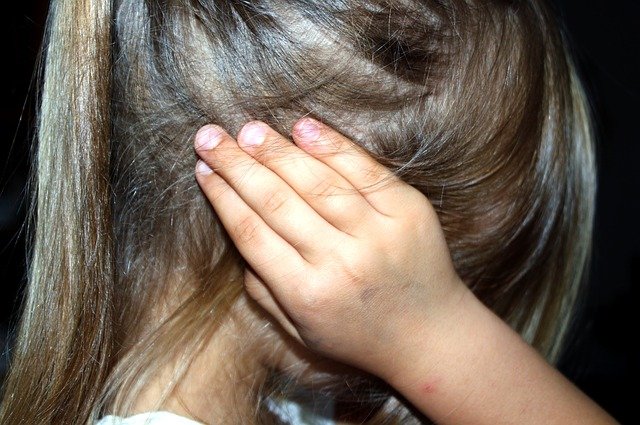Anxiety is a normal response to situations where we perceive a risk, and our brain acts in respond to those risks “to keep us safe” even though there may not be an actual risk present.
Anxiety is something that we all experience, and through anxiety, our bodies learn how to respond to challenging situations in life.
However, when anxiety acts like a smoke alarm which triggers with any “smoke” perceived, even when it is a false alarm where there are no real risks, that is when anxiety is no longer helpful to us.
Unfortunately, in those cases, anxiety creates a false misconception of a risk situation, and the result could be exhausting for our brains and bodies. This is when we need to find help to cope with those uncomfortable moments in life, where strategies employed get overwhelmed and we feel out of control.
Some children have difficulty with their academic demands at school – they potentially have learning disabilities, ADHD, autism, etc. and with these specific presentations, some tasks become like a hazard for them. This means their brains and bodies are assuming that the tasks they must perform are nothing but threats.
If there is a task that requires more attention than the one that their brain can provide at that moment, simple tasks become problematic as there are pressures and expectations on performance, the inner struggle to focus, and the need to avoid distractions etc. All of this will then increase anxiety, and may likely result in refusal, avoidance, and escape in relation to the assigned tasks.
What can we do as caregivers (parents, teachers, relatives) to help anxiety in neurodivergent kids?
- At the outset, it’s crucial to know the strengths and the difficulties of the child, so that we can provide easier or more appropriate tasks which are based on their strengths, which in turn helps them feel more confident and capable.
- Break down tasks step by step, instead of giving the whole which may seem overwhelming. If we break tasks in little activities or milestones to achieve, things will become smoother.
- Provide educational support tailored for each individual’s specific needs. For example, where there is a child that, due to their social skills or anxiety, cannot give eye contact while talking in front of everyone, but has prepared well for the speech, we shouldn’t force them to have eye contact. Importantly, we should be more focused on what they have done to achieve the task, rather than what they haven’t done.
- Help them build an emotional vocabulary to be able to label how they feel when a task becomes too difficult for them, so that they can self-advocate and get understanding from others that the challenge, for them, is real.
- Teach them to be compassionate to themselves, and acknowledge that specific tasks are indeed a struggle.
CoRe Kids Therapy has safe spaces for anxious children to express what is happening in their body and mind.
Contact our team in South East Bayside Melbourne in Moorabbin and Yarraville to learn more about the benefits of play therapy, Theraplay, and our parenting programs to discover how these might help your children thrive.




